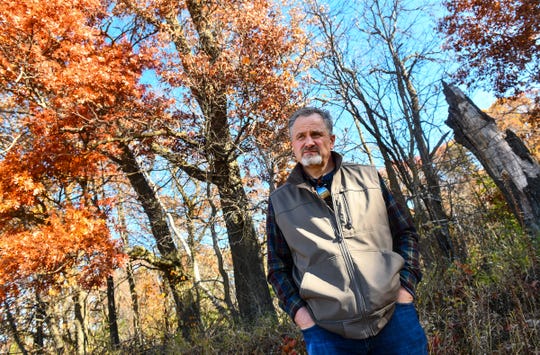In my talks to groups, I always try to impress on people how child sexual abuse destroys communities. When a predator undermines family and community bonds to target a child, the ripples of sexual abuse damage radiate farther than the child victim. It happened in my case—affecting (and destroying) my family, my peers, and the…Continue reading “Can’t you just let it go?”




